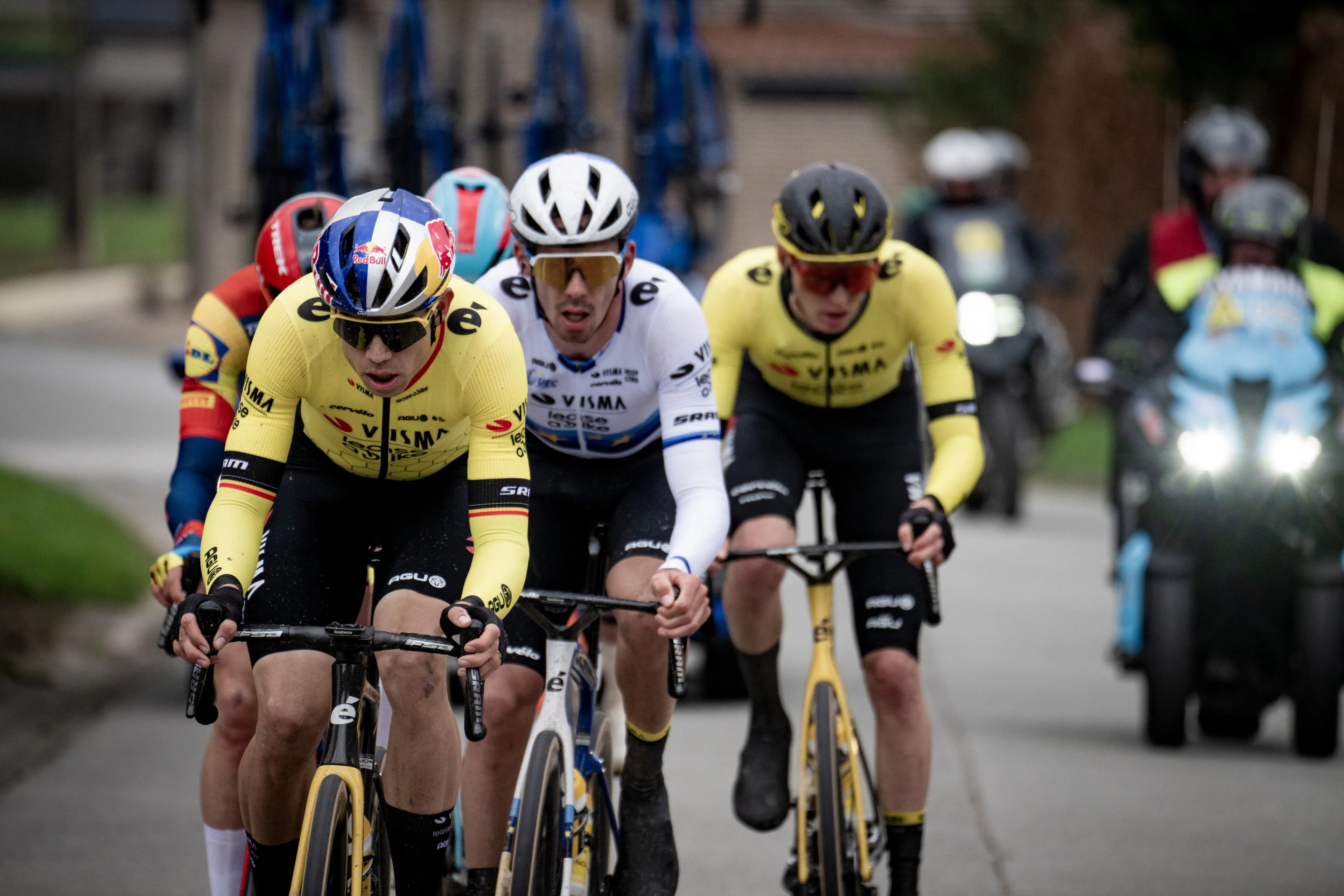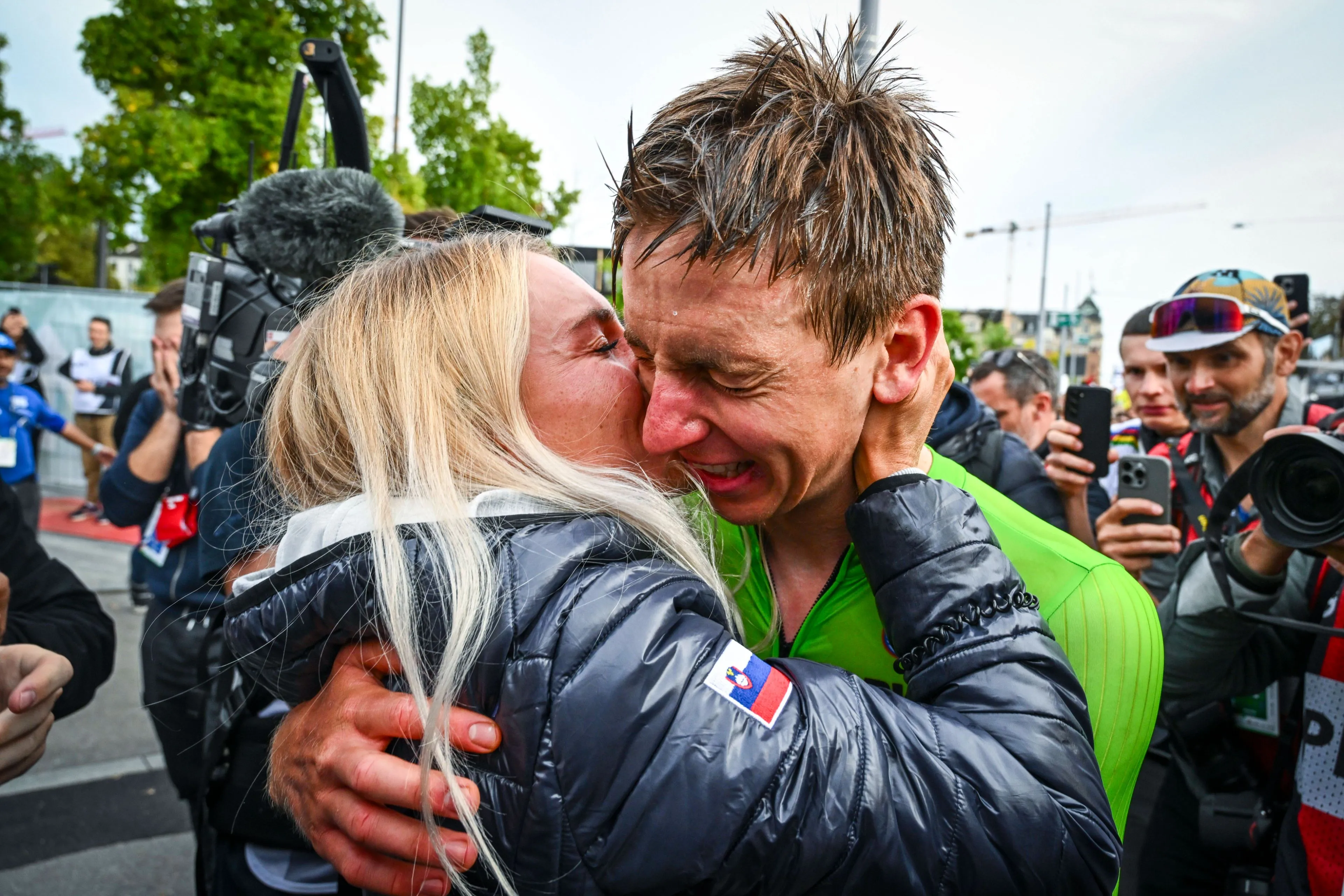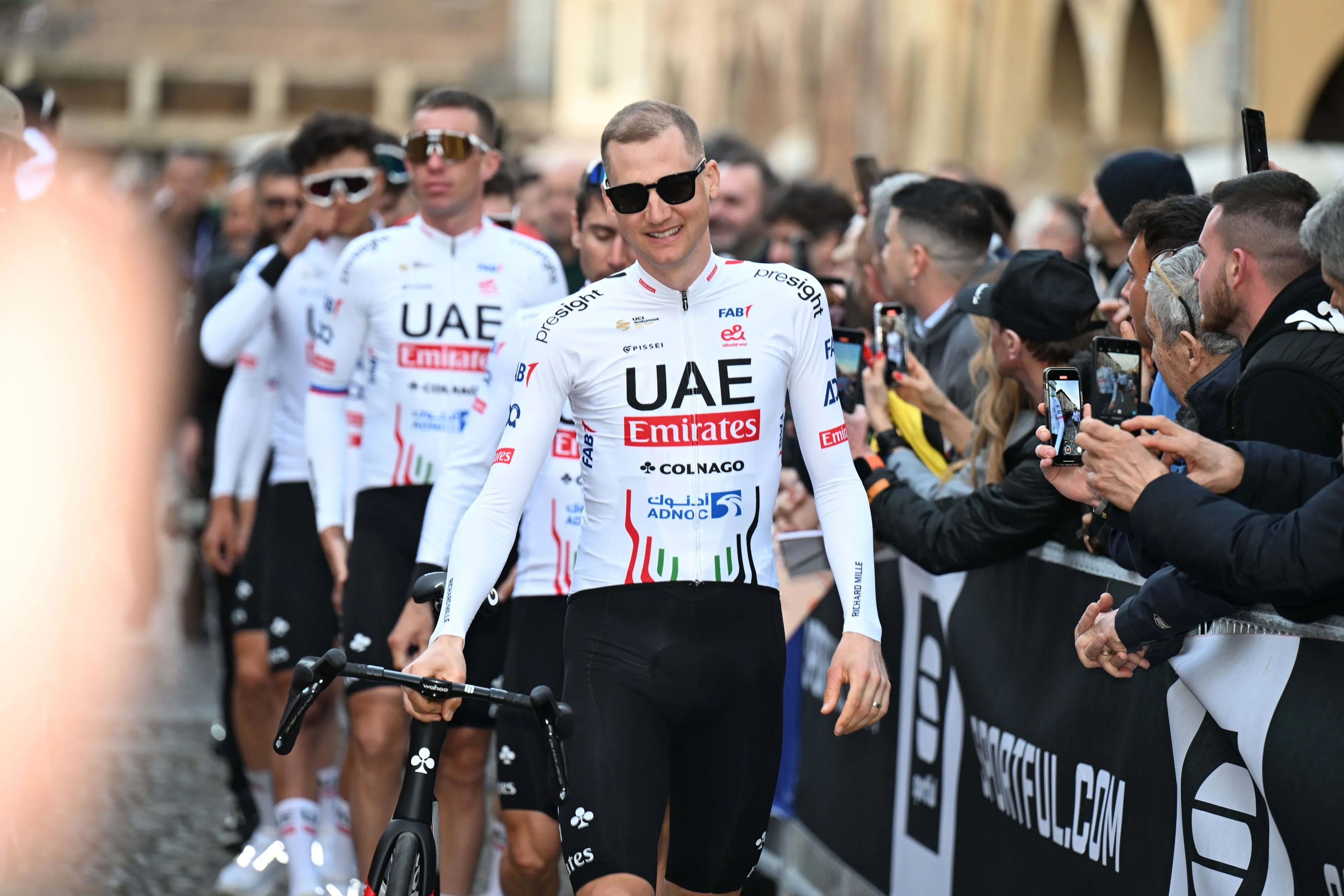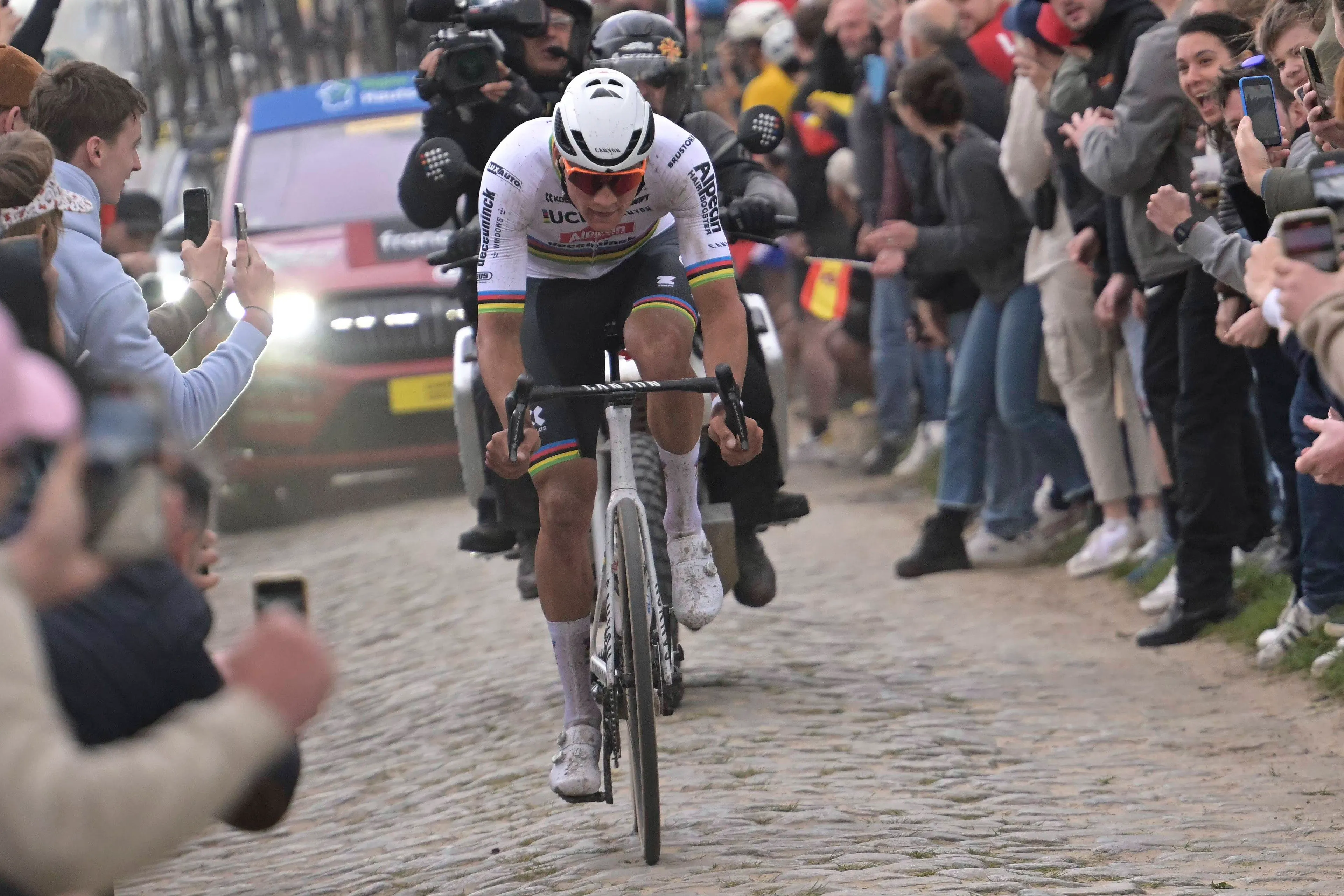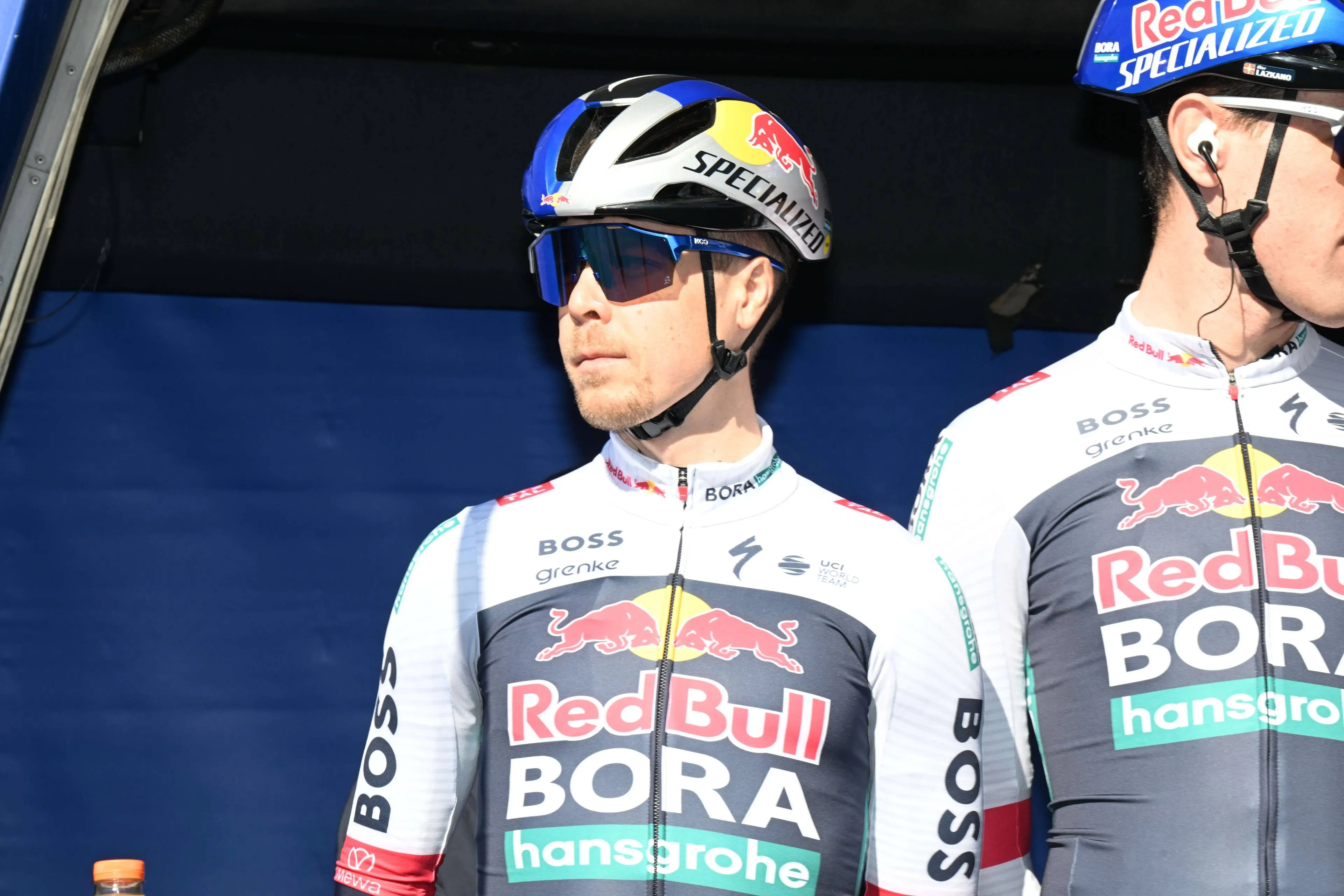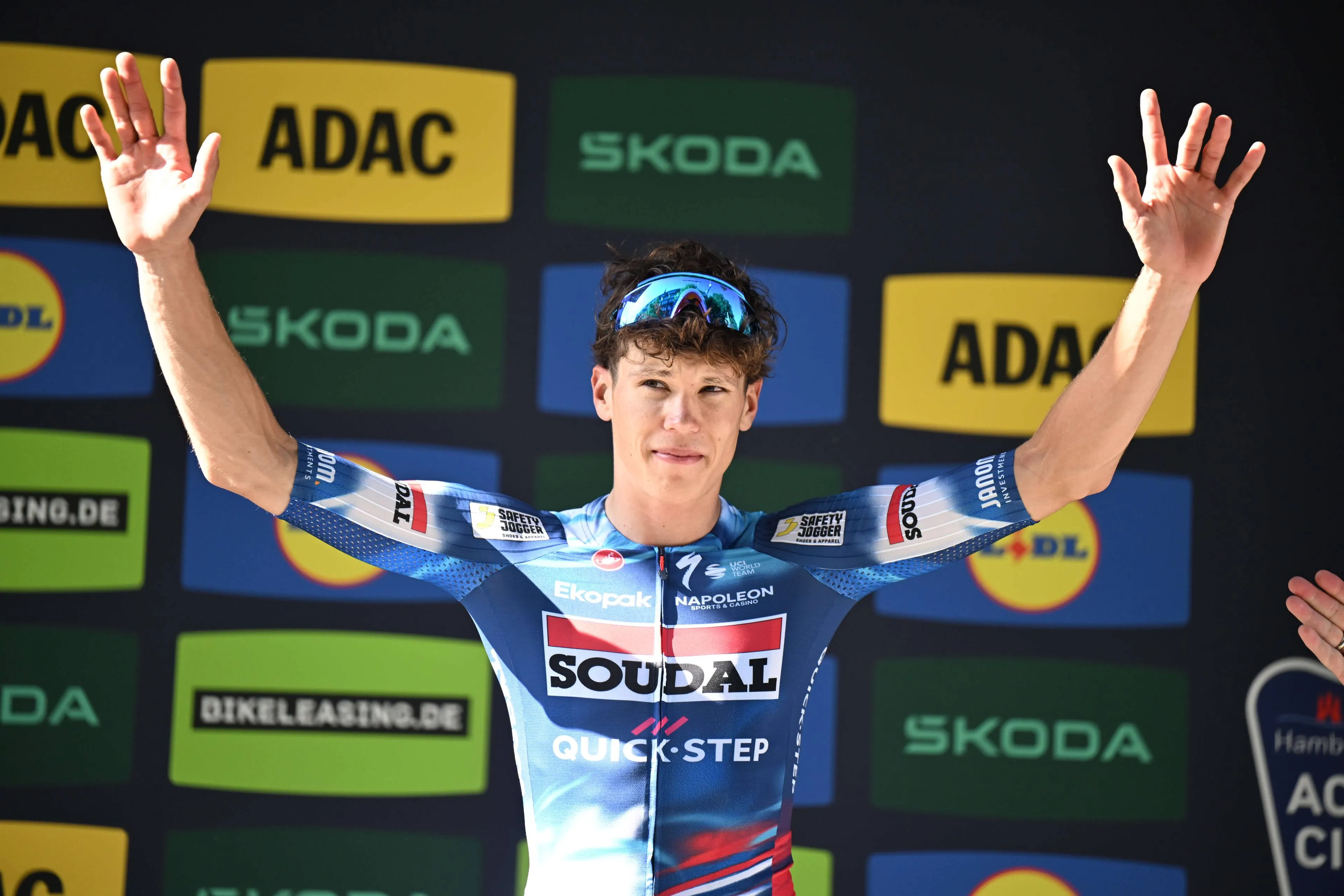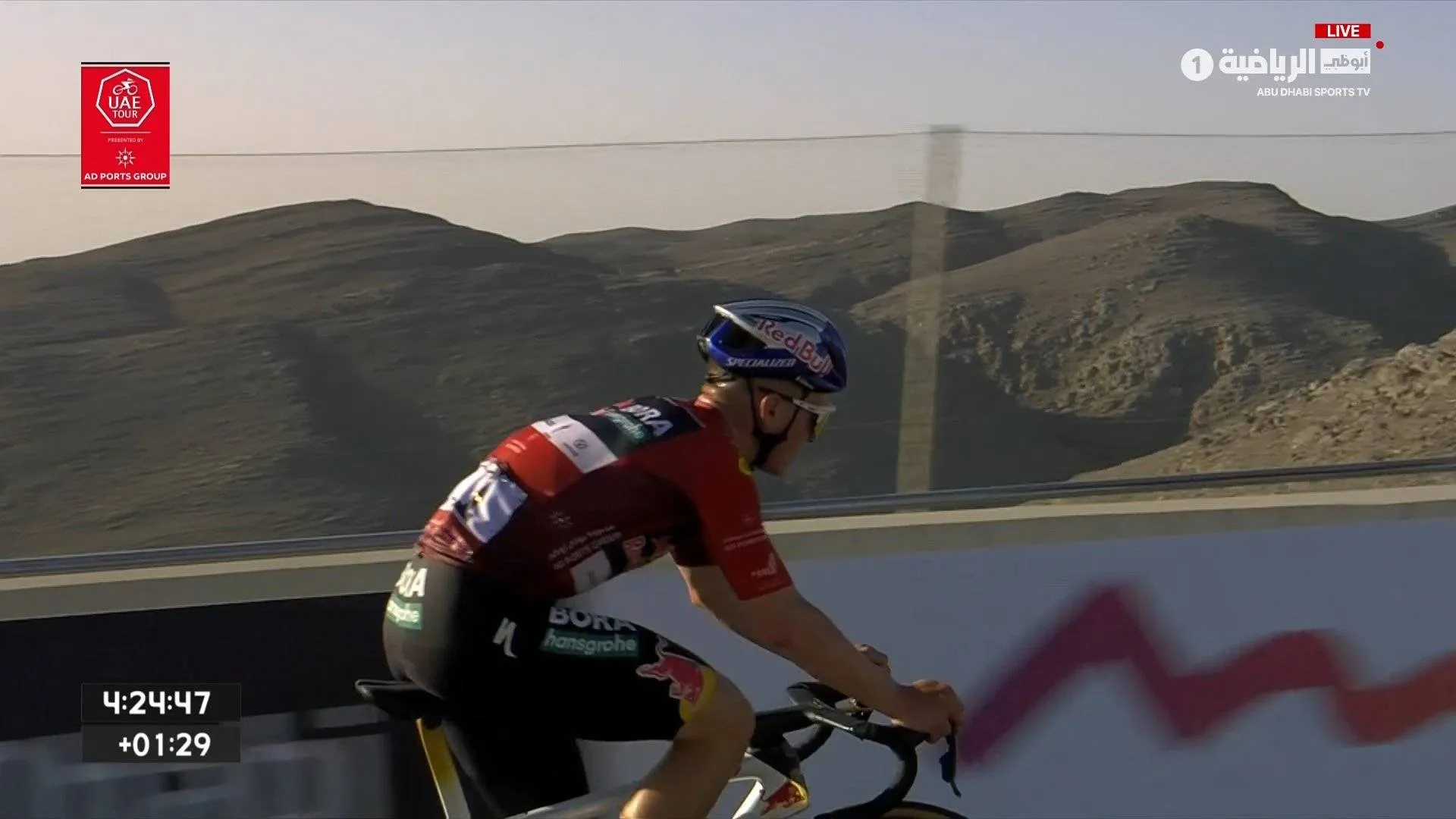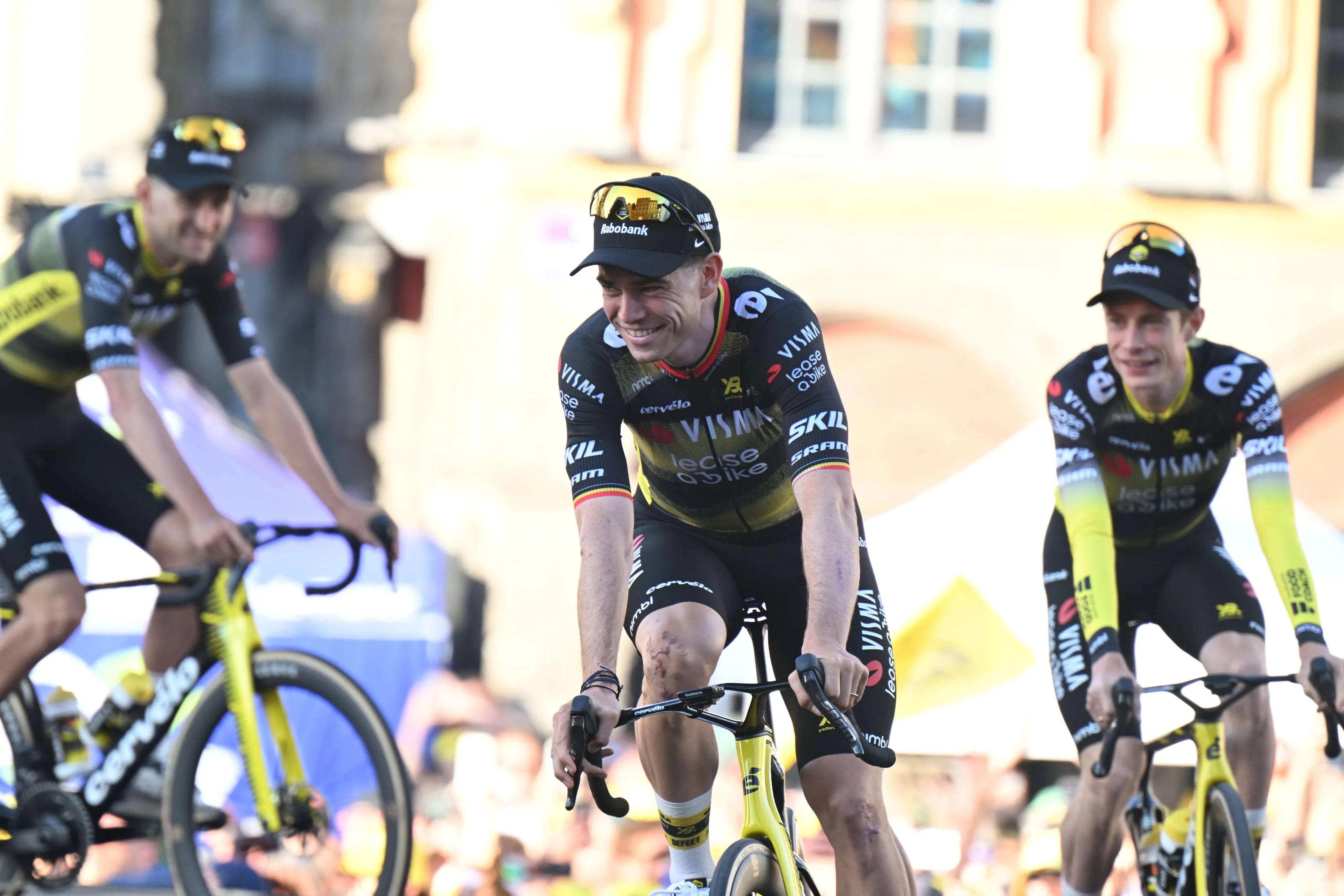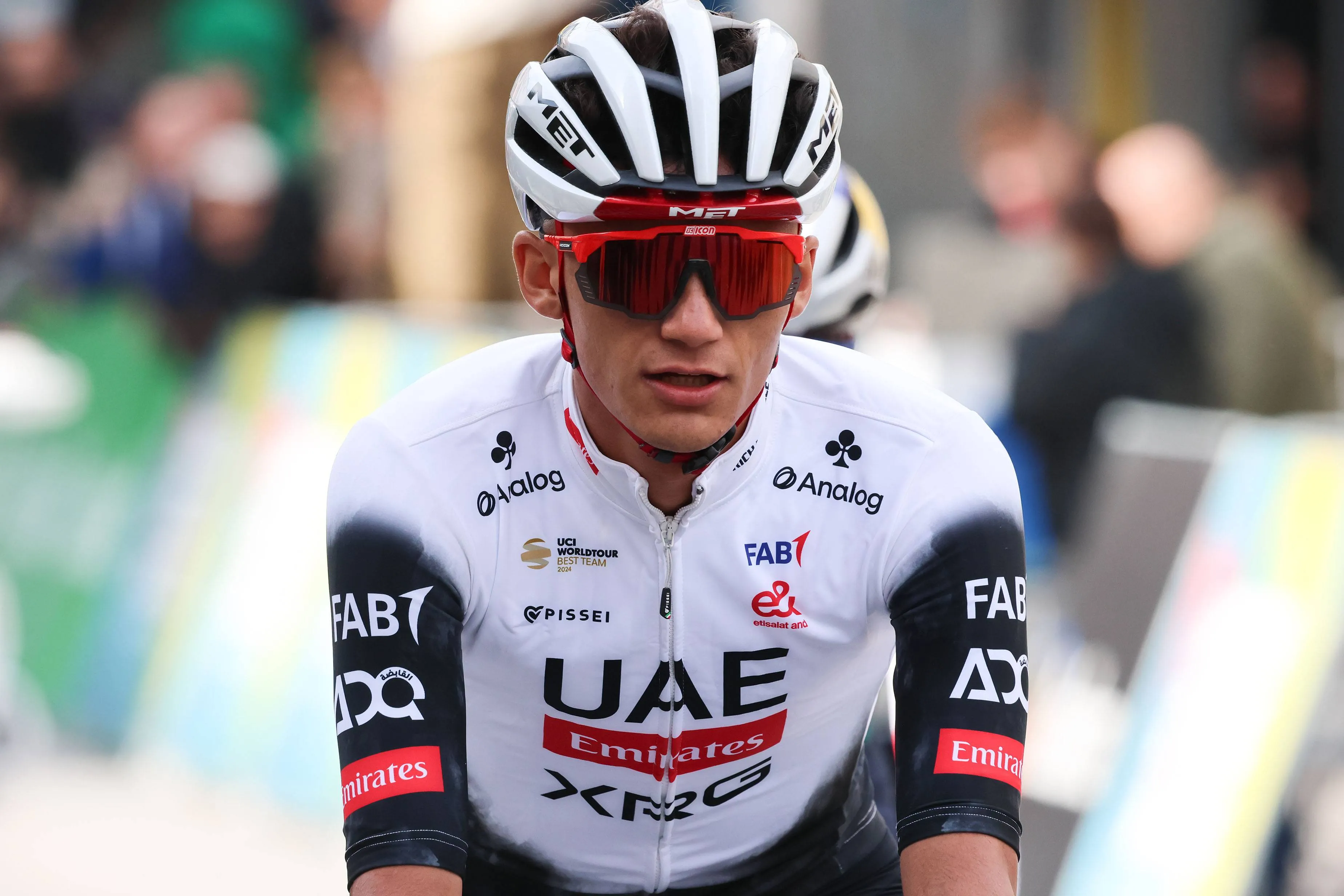ANALYSIS | The INEOS effect: A deep dive into the impact Sir Jim Ratcliffe has had on his sporting empire
CyclingThursday, 27 February 2025 at 19:00
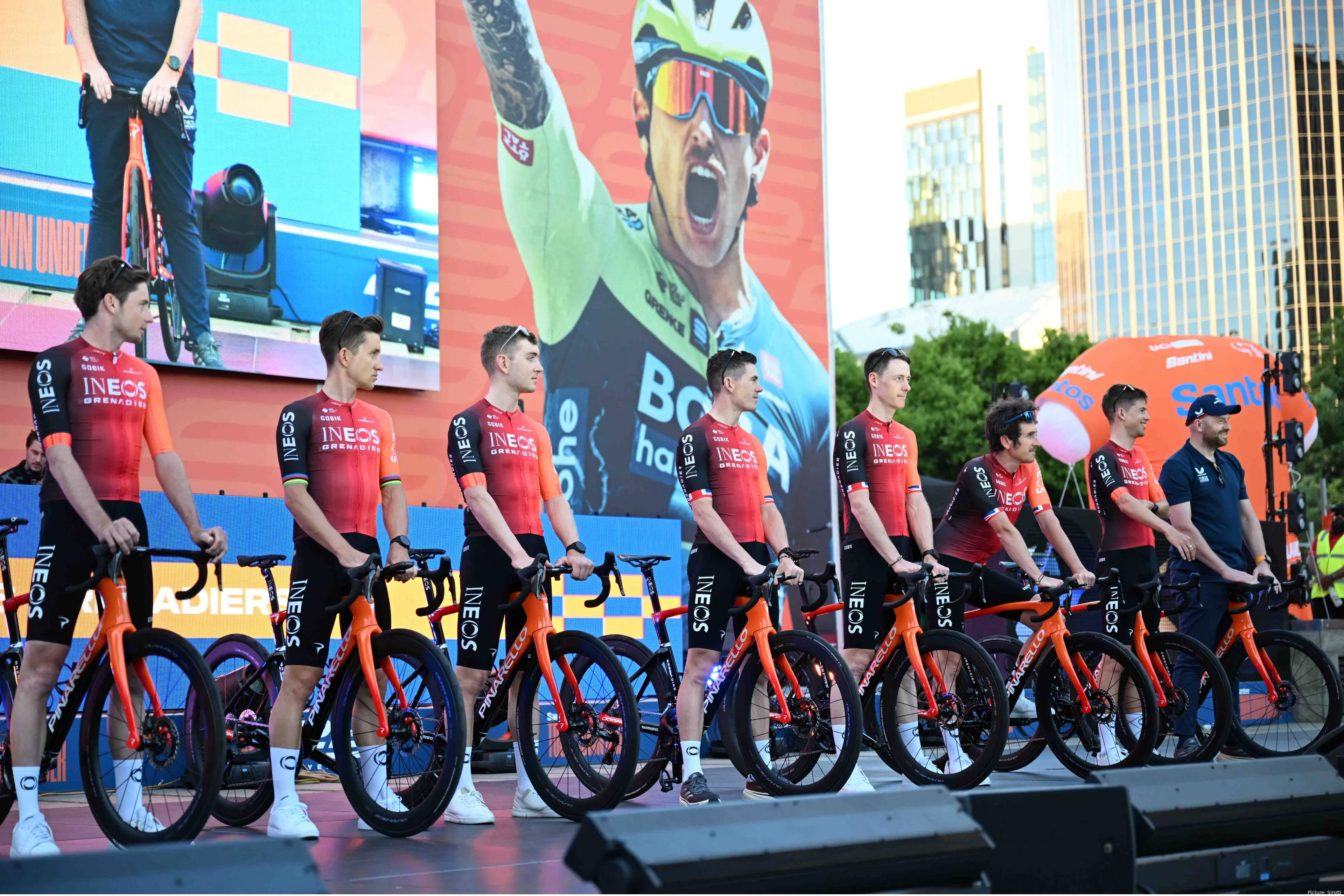
The INEOS Grenadiers enter the 2025 season at a crossroads.
Once the dominant force in professional cycling, their decline in recent years
has been jaw dropping. The 2024 season was a disaster by their own high
standards, marked by poor grand tour performances, internal tensions, and the
high-profile departure of Tom Pidcock to Q36.5 Pro Cycling Team over the winter.
With expectations mounting and rivals UAE Team Emirates -
XRG and Team Visma | Lease a Bike continuing to set the benchmark, 2025 must be
a season of resurgence for the British squad. Or, it must be a year where they
accept their shortcomings, and strive to find their new identity.
Read also
But the INEOS Grenadiers' struggles are not isolated. A
pattern has emerged across multiple sports teams that have come under the INEOS
banner. Whether it be Formula 1, rugby, sailing, or even football, the trend
remains the same, initial success followed by a steep decline.
Given INEOS’s
vast financial resources, why have their sporting ventures struggled? Does
INEOS bring genuine sporting excellence, or does their involvement signal the
beginning of the end for once-dominant teams?
Who are INEOS and Sir Jim Ratcliffe?
INEOS is a multinational chemicals company, one of the
largest privately owned firms in the world, valued at over $87 billion. Its
founder, Sir Jim Ratcliffe, is one of Britain’s richest men, with a net worth
exceeding $15.6 billion. Ratcliffe made his fortune by acquiring and
restructuring underperforming assets in the chemicals industry, leveraging debt
to finance acquisitions and then aggressively cutting costs to generate
profits.
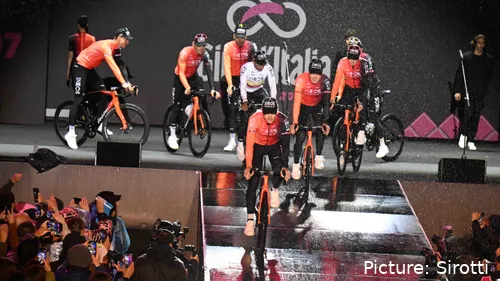
The INEOS Grenadiers had their worst season to date in 2024
His business empire extends beyond chemicals, with INEOS now
a major player in sports investments. But while Ratcliffe’s business power is
beyond doubt, his sporting investments have yielded mixed results. Let’s take a
closer look at the impact of INEOS across the sporting world.
Team Sky and the INEOS Grenadiers
Between 2010 and 2019, the team formerly known as Team Sky
redefined professional cycling. Under the leadership of Dave Brailsford and
backed by significant financial investment, Team Sky dominated the sport,
winning six Tour de France titles, one with Bradley Wiggins (2012), four with
Chris Froome (2013, 2015, 2016, 2017), and one with Geraint Thomas (2018). In
addition, Froome secured two Vuelta a Espana titles (2011, 2017) and a Giro
d’Italia victory (2018), bringing their total grand tour count to nine during
the Sky era.
When INEOS took over the team in 2019, they continued this
winning trend initially, with Egan Bernal claiming the Tour de France that
year. Off to a good start, INEOS didn’t stop there. The Colombian followed up
with a Giro d’Italia victory in 2021, while Tao Geoghegan Hart secured the Giro
in 2020. However, since Bernal’s 2021 triumph, the decline has been undeniable.
Read also
The team’s best grand tour result since then was Geraint
Thomas finishing second at the 2023 Giro, heartbreakingly losing the title to
Primoz Roglic in the final-stage time trial. In 2024, their form hit rock
bottom, with just a single grand tour stage win across the entire season, on
the opening day of the Giro d’Italia when Jhonatan Narvaez defeated (his now
new teammate) Tadej Pogacar.
Compared to their undisputed status in the 2010s, INEOS
Grenadiers have become a fading force, struggling against the new Kings of
cycling, Visma and UAE Team Emirates.
Mercedes-AMG F1
In 2020, INEOS became a principal partner of the
Mercedes-AMG Petronas Formula 1 team, signing a five-year deal. Initially,
their involvement coincided with continued excellence, Mercedes won the 2020
constructors’ championship, while Lewis Hamilton claimed his record-equalling
seventh drivers’ title and became the most successful F1 driver of all time in
terms of race wins.
Read also
Then came the downfall. The controversial 2021 season saw
Hamilton narrowly lose the title to Max Verstappen after a dramatic final-lap
showdown in Abu Dhabi. But it was in 2022 that the decline became fully
apparent.
F1’s regulation changes dealt a massive blow to Mercedes,
with Red Bull and Verstappen assuming complete control of the new era, much
like Pogacar and Vingegaard have claimed this era over INEOS’ riders. Since the
end of the 2021 season, Mercedes have won just five races. Five!
A team that had defined an era of F1 supremacy, winning
eight consecutive constructors’ championships, suddenly found themselves
playing catch-up. Much like INEOS Grenadiers, they went from the undisputed
leaders to a team struggling to keep up with the new elite in eerily similar
style to the cycling team.
Read also
The America’s Cup
INEOS’s sporting interests are not limited to cycling and
F1. In 2018, Ratcliffe partnered with British sailing legend Sir Ben Ainslie to
form INEOS Team UK, with the goal of winning the prestigious America’s Cup. The
36th edition in 2021 saw INEOS invest heavily, reportedly spending over £110
million on the campaign.
Despite the enormous financial outlay, INEOS Team UK failed
in their challenge, losing to Luna Rossa Prada Pirelli in the challenger
series. Their lack of success in sailing mirrors the trend seen in their other
sporting ventures, initial promise, heavy investment, but ultimately,
disappointment.
Read also
Rugby and Football
INEOS’s expansion into rugby and football has also faced
significant scrutiny. In 2022, they secured a sponsorship deal with the All
Blacks, New Zealand’s national rugby team. However, this partnership has since
turned sour, with New Zealand Rugby recently taking legal action against INEOS in
the last week over an alleged breach of contract related to their involvement
with Manchester United.
And speaking of Manchester United, INEOS recently completed
a partial purchase of the iconic football club, acquiring a 27.7% stake. The
deal hands Ratcliffe and INEOS control over football operations, with ambitious
plans to restore United’s former glory.
Read also
However, given the pattern across other sports, United fans
may have reason for caution. Although the team did win the FA Cup last year,
they’ve since sacked their managed and currently lie 13th in the
Premier League table. Can INEOS succeed in football where they have faltered
elsewhere?
Does INEOS actually improve sports teams?
Across cycling, Formula 1, sailing, rugby, and now football,
a clear pattern emerges, early success followed by a downturn in form. While
INEOS brings substantial financial backing, the results suggest that success
does not always follow their involvement.
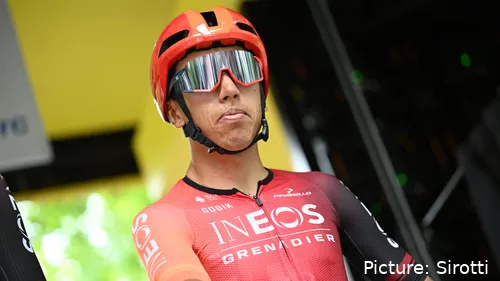
Can Egan Bernal get back to his very best in 2025?
In the case of INEOS Grenadiers, their struggles are clear.
The once-mighty force in cycling is now playing a secondary role to UAE and
Visma. Similarly, Mercedes F1 have lost their dominance since INEOS became
involved. Their sailing venture failed to make an impact, and their rugby
partnership has led to legal disputes.
What does this mean for Manchester United? Only time will
tell, but if history is any indication, the club’s supporters should temper
their expectations.
Perhaps, from a cycling perspective, we have not addressed
more pressing matters that are contributing to the downturn in success at the
INEOS Grenadiers: other teams and riders are now just better. Even the most
successful eras come to an end, and the likes of Pogacar, Vingegaard, Evenepoel
and their teams have far more talent at their disposal than INEOS currently do.
Read also
Losing, is not currently the problem at INEOS. It is the
manner in which they are being defeated, with no clear plan or direction going
forward.
Can the team bounce back in 2025?
Returning to cycling, INEOS Grenadiers must make significant
improvements in 2025 to avoid further decline. The loss of Tom Pidcock is a
blow, as he was supposed to be the man that took over the mantle from Froome
and Thomas going forward. With UAE and Visma continuing to strengthen, INEOS
must redefine their strategy if they are to compete at the top once more.
It is not all doom and gloom, however. In the first few
races of 2025, INEOS’ last grand tour winner (Egan Bernal) has picked up his
first since before his horrific accident, and then soon after picked up a
second. If he his able to come even close to his pre-crash form, that would be
a huge boost for the team.
Read also
The solution may lie in developing young talent, rethinking
their grand tour approach, and investing in riders who can challenge for the
podiums. The days of overwhelming dominance are gone, but with the right
adjustments, INEOS Grenadiers can still get back amongst the best teams.
Question marks for INEOS?
The INEOS sporting empire is vast, yet its track record should
be subject to more analysis. Their cycling team, once the dominant force, is in
decline. Their F1 involvement coincided with Mercedes’ fall from the top. Their
sailing project ended in failure. Their rugby partnership has turned into a
legal battle. And now, they have turned their attention to football, a sport
where financial investment alone does not guarantee success.
For INEOS Grenadiers, 2025 truly feels like a pivotal season, even more so now Geraint Thomas has confirmed it will be his last in the peloton. If they don’t show any signs of improvement, they could find themselves
plummeting even further down the WorldTour rankings.
Now, more than ever, INEOS
needs their riders to step up to the challenge.
claps 0visitors 0
Just in
Popular news
Latest comments
- Fantastic climb by Tiberi. Let’s see more of this from him.Pedalmasher19-02-2026
- Loved watching this finale. Brutal climb, looked like a brand new Middle Eastern Alpe d'Huez with those switchbacks on the mountain edge. So much grit on Del Toro's face. I really thought he might catch Tiberi with about 1500m to go. Great stage.antipodeanpedalfan19-02-2026
- You’re expecting cycling to stay immune from this type of conjecture when the worlds’ most watched and listened to figure spouts out similar unsubstantiated crap daily? Most people just follow bad example because it’s a lot easier than figuring out a good one. Anyway, it could be anything, perhaps he just knew Andrew too well, or Sir Jim didn’t want him helping any more of those pesky foreigners and paid him off ;-) He doesn’t seem the Epstein type but if that was it, kudos to him for being practically the only one to resign BEFORE being found out. I find it very concerning that no-one has much to say about any of these people who keep at it until they just can no longer claim their innocence. Who did they learn from, Lance?Mistermaumau19-02-2026
- If you are going to make comments like that, back it up with proof. Otherwise keep them to yourself.Searider18-02-2026
- In the same place as the outcry over boys vs girls losing weight, which, is in about the same place as boys vs girls getting hit, or abused.Mistermaumau18-02-2026
- Haha.awp18-02-2026
- That's a little extreme, you take wins where you can get them.awp18-02-2026
- Ironic no, a British boss of British companies has no problem outsourcing a large proportion of jobs to foreigners and then complains a proportion of that proportion actually lives in the country. And do you expect if you leave that no-one will take your spot?Mistermaumau18-02-2026
- Slowly slowly the youngsters are making more and more of an impact.Mistermaumau18-02-2026
- I agree for certain situations, especially camps and popular training destinations but teams can’t manage or afford to chaperone all their riders all the time. Off season they still have to train and want to be home as much as they can (this is also where they are easiest to « catch »). On the other hand, if riders like Tadej accept « invitations » to ride on certain roads just for promotional purposes like in Gran Canaria they are also responsible for any trouble it attracts, you can’t expect people to stay away once you deliberately notify where you’re going to be and when. SeemsMistermaumau18-02-2026
Loading
Write a comment
